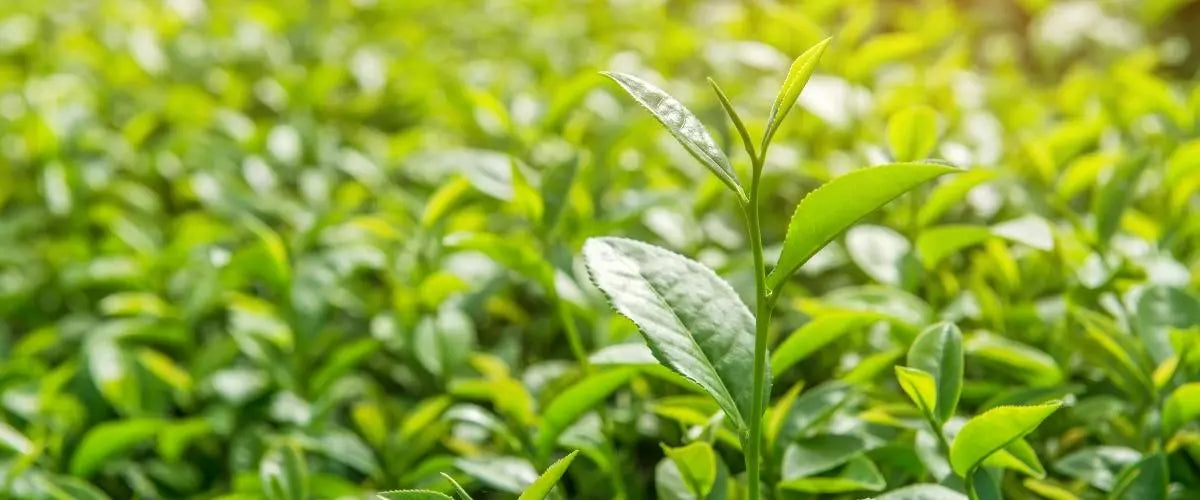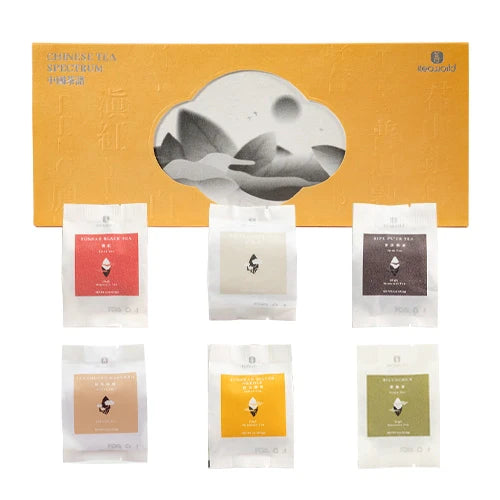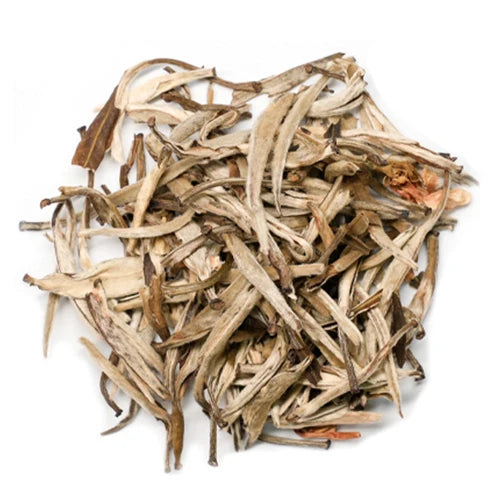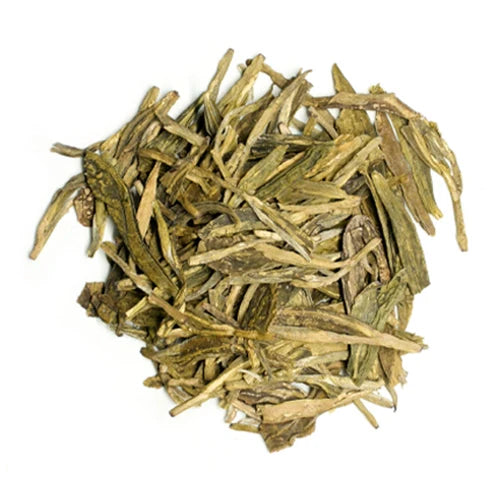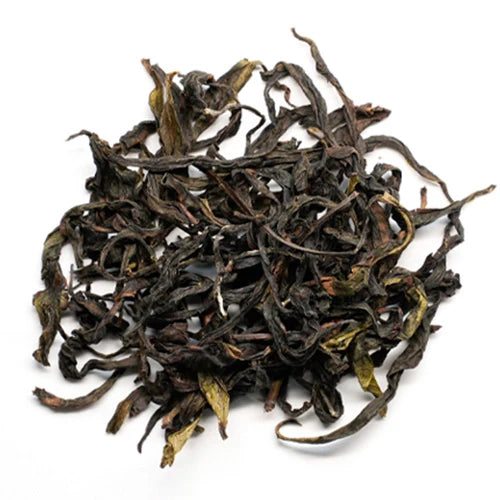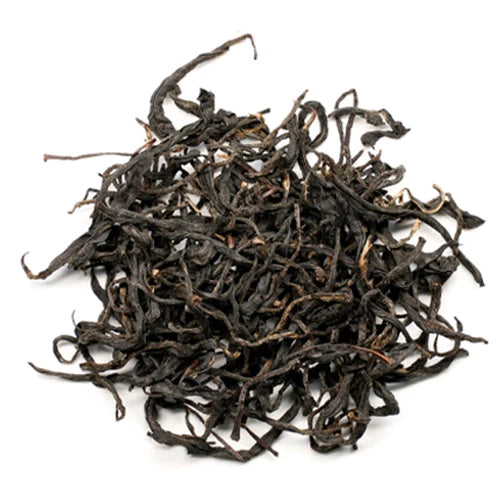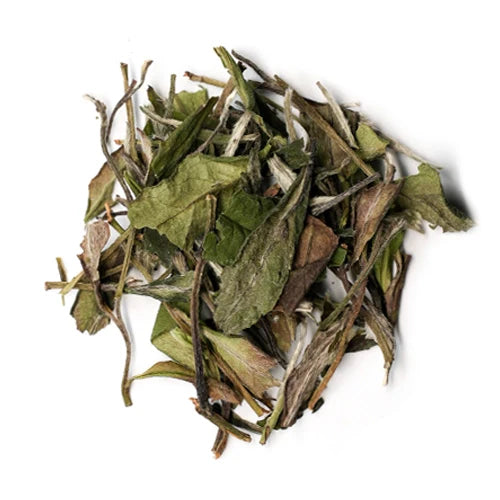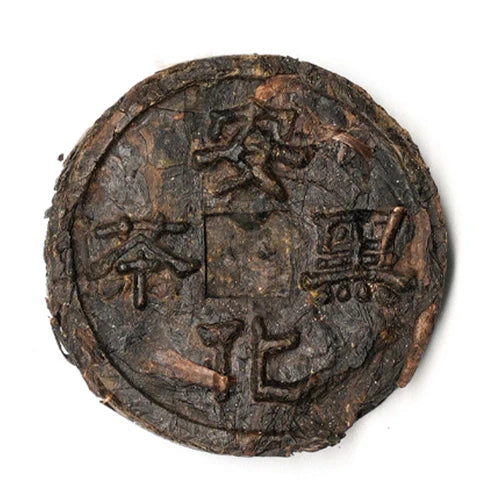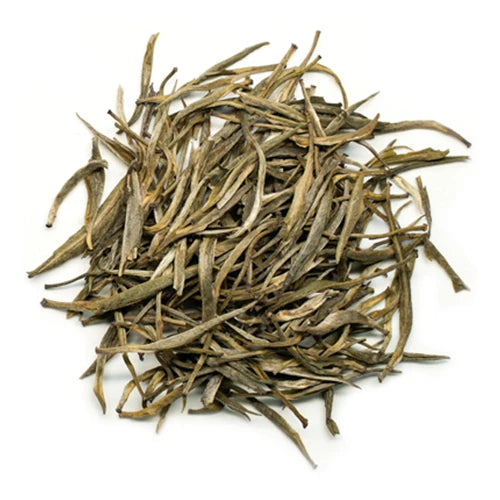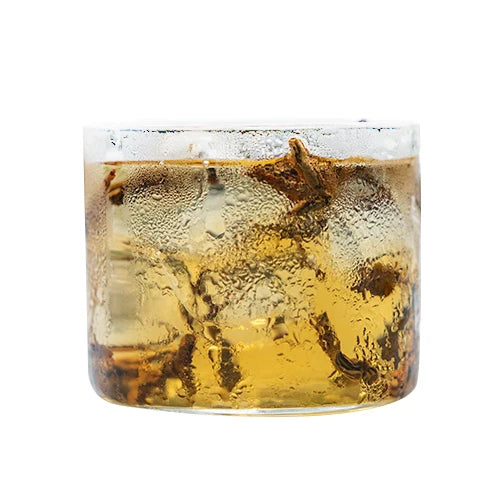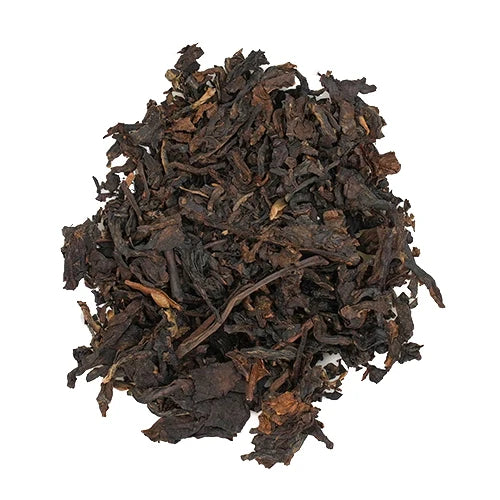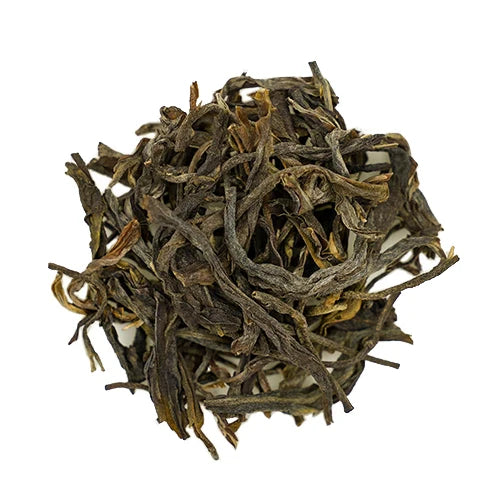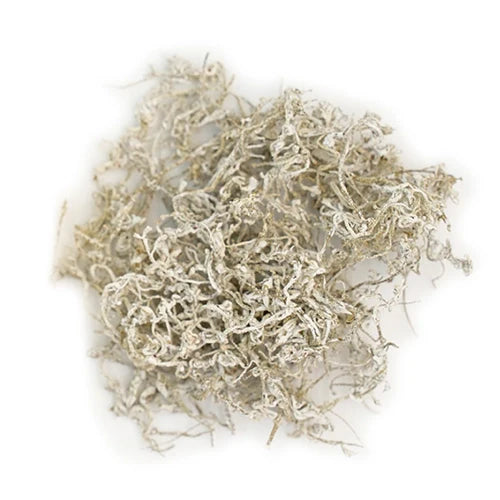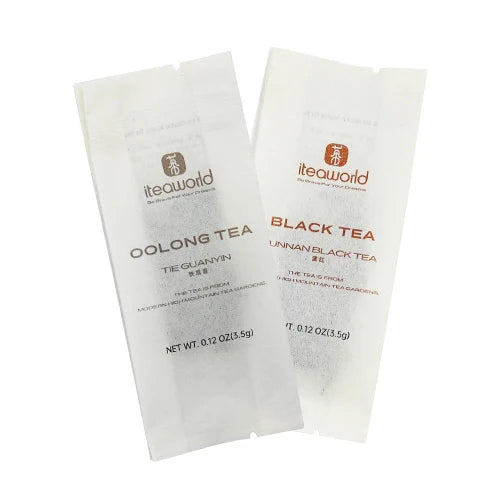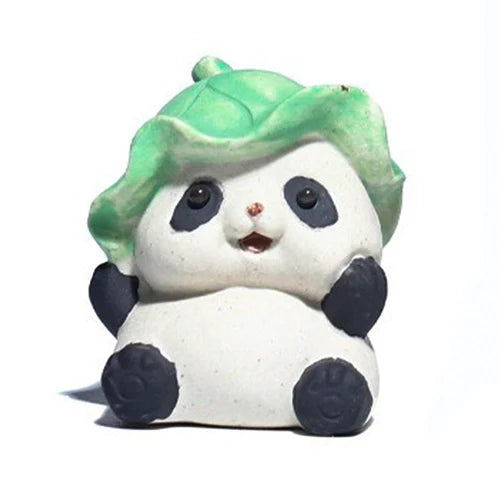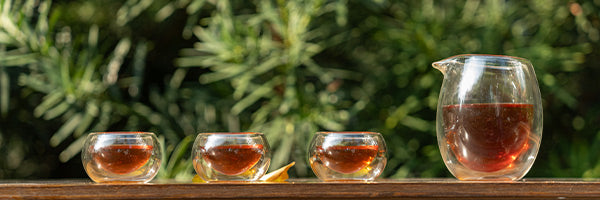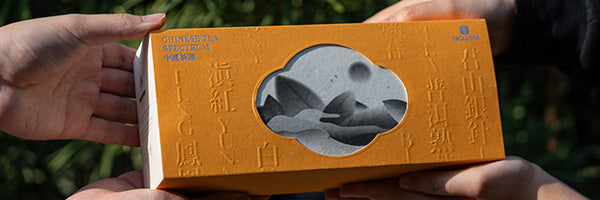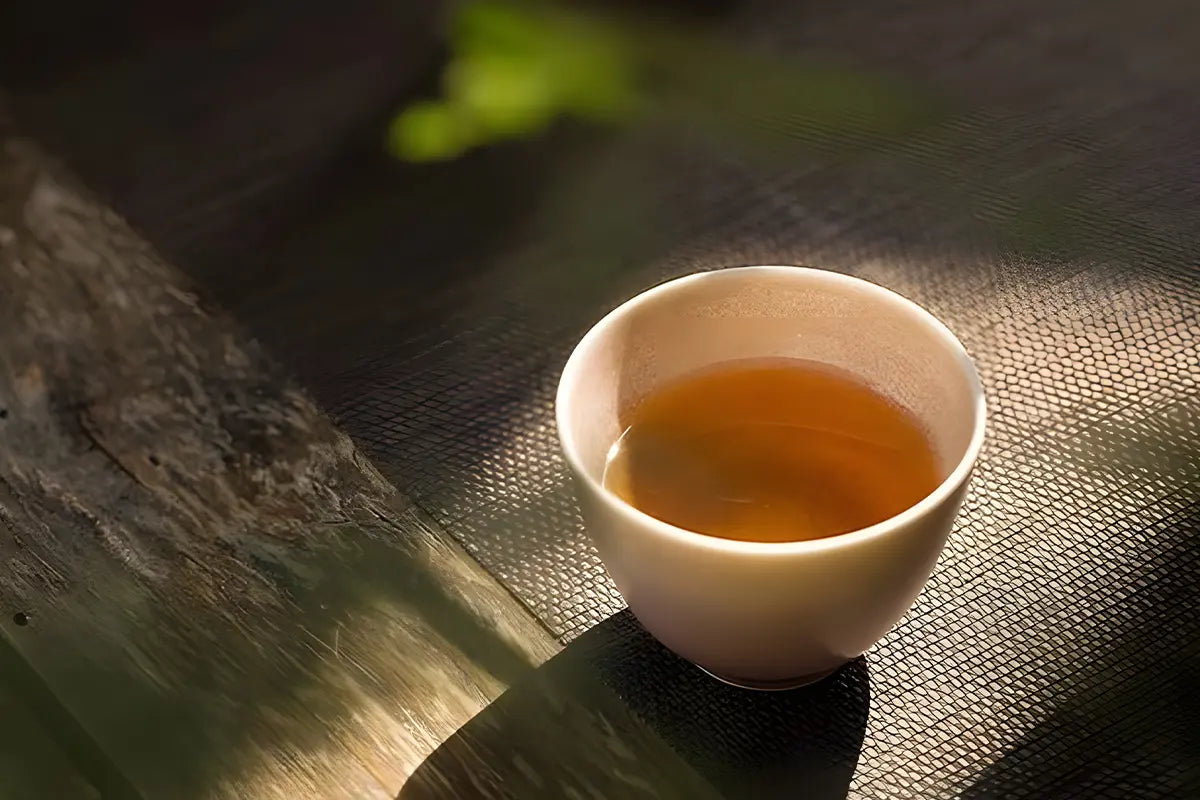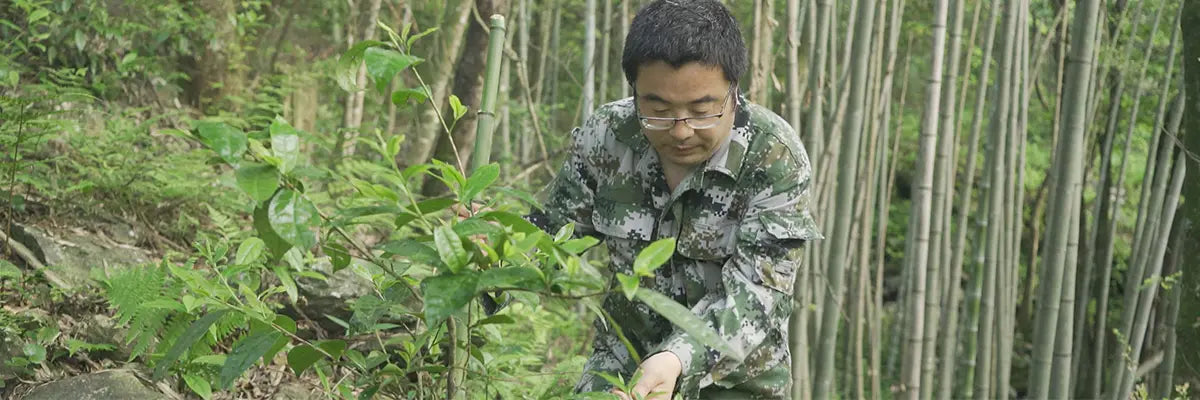Уникальный состав почвы, обнаруженной в скалистых расщелинах и траншеях гор, придает Да Хун Пао, провозглашенному «королем чаев», упругое и мягкое качество. Выращенный в горах Уи, Да Хун Пао впитывает в себя природную сущность гор и рек, обладая очарованием «аромата каменных костей и цветов». Его настой теплый и мягкий, с нежным и мягким вкусом, подчеркивающим каменную сущность.
Как один из лучших листовых чаев , Да Хун Пао всегда пользовался безупречной репутацией. На протяжении всей истории многие, кто пробовал Да Хун Пао, восхищались изысканным вкусом этого исторического чая, оставив после себя кладезь интересных исторических историй.
Легенда о Да Хун Пао

Существует легенда, что однажды один ученый отправился в Пекин на императорский экзамен. Когда он добрался до одного храма, он заболел сильной лихорадкой и беспокоился, что пропустит экзамен. Монахи из храма собрали свежие листья и заварили для него чай. После употребления чая болезнь ученого чудесным образом исчезла.
В знак благодарности ученый поспешил в Пекин и действительно сдал экзамен с наивысшей наградой. Желая выразить свою благодарность, он вернулся к скале Тяньсинь и спросил старого монаха о лекарстве, которое ему дали. Монах указал на несколько чайных деревьев Да Хун Пао и объяснил, что чайные листья использовались для заваривания лекарства. Ученый был так благодарен, что поклонился и даже снял свою красную мантию, чтобы накинуть ее на кусты Да Хун Пао .
Чайная церемония Да Хун Пао

Перед праздником Цинмин, в день Цзинчжэ, территория под деревьями Да Хун Пао оживляется, так как местное правительство проводит грандиозную чайную церемонию Да Хун Пао. Уважаемые фермеры-чайники объявляют ритуал торжественными словами: «Богам, в безмолвном действии, с ритмами Земли и ци, дух чая возникает, особенно уникальный ранней весной. Аромат каменного молока сохраняется, гроздья чая в форме дракона радуют вкус, предложенные миру как вечная дань. С вашей божественной силой мы представляем эту церемонию». После ритуала на полпути к вершине горы чайные деревья благоговейно накидывают красное одеяние.
Традиция этой чайной церемонии в горах Уи имеет древние корни, с документальными записями, восходящими к династии Тан. Поэт из Фуцзяня по имени Сюй Инь записал эту церемонию в стихотворении, включенном в полный сборник поэзии Тан, под названием «В Уи, теплая весна, луна начинает округляться, собирая новые почки, преподнося их Бессмертной Земле». Даже во времена династии Тан, чайные культиваторы в горах Уи верили, что чай является духовной сущностью между небом и землей, и с чувством благодарности они подносили новейшие чайные почки Бессмертной Земле во время сбора чая.
Это иллюстрирует, что уникальный вкус Да Хун Пао тесно связан с его особой природной средой. Отличительные вкусы других известных чаев улун, таких как ТеГуаньинь и Фэнхуан Даньцун , также связаны с местами их происхождения.
Чайная церемония Да Хун Пао передавалась из поколения в поколение во времена династий Тан, Сун, Юань, Мин и Цин, достигнув своего пика во времена династии Юань. Во времена династии Юань человек по имени Гаосин, проходя через гору Уи, купил несколько фунтов знаменитого каменного чая, известного как «каменное молоко». Выпив его и почувствовав прилив сил, он преподнес этот чай императору Юань Хубилай-хану. Император, довольный чаем, наградил Гаосина более высоким статусом, и даже сын Гаосина, Гао Цзючжу, был назначен надзирателем на дороге Шао У около горы Уи.
Гао Цзючжу, будучи умнее своего отца, подумал: «Мой отец предложил несколько фунтов чая и получил повышение. Почему бы мне не построить императорский чайный сад на горе Уи?» На шестом году правления Юань Дадэ, в 1302 году, он построил императорский чайный сад в центре города на горе Уи. Каждый год во время сезона сбора чая чиновники, работники чайной плантации, фермеры и рабочие собирались там, били в барабаны и несли подношения, такие как горные божества, фрукты и свиные головы. Они скандировали «Чайные почки, прорастайте!» как часть этого сложного ритуала.
Почему Да Хун Пао так знаменит?

Да Хун Пао действительно признан «Чайным королем», и это признание можно проследить до эпохи Сяньфэн династии Цин. В то время внешняя торговля чаем горы Уи уже процветала, и ежегодно проводились соревнования по чаю среди различных чайных поместий. Из этих соревнований возникли четыре великие категории чая, и в эпоху Сяньфэн династии Цин Да Хун Пао прочно закрепил за собой позицию Чайного короля, статус, от которого он никогда не отступал с тех пор.
В частности, во времена династии Цин император Цяньлун, попробовав Да Хун Пао, сочинил две поэмы. В одной из них, под названием «Заваривание чая дождливой ночью», написанной, когда он был еще наследным принцем, он сравнил все чаи-дани и пришел к выводу, что «среди них чай Уи — лучший, с чистым, гармоничным и пронизывающим до костей вкусом». Кроме того, выпив Да Хун Пао, он замочил оливки из Фуцзянь в Да Хун Пао, создав оливковый чай. Он заметил: «Уи должен быть рад иметь нового друга; горечь, как оказалось, делится между родственниками».
Чтобы ощутить классический вкус знаменитого листового улуна Да Хун Пао, важно выбрать надежный источник. Добро пожаловать на покупку Да Хун Пао, предоставленного iTeaworld , из основного производственного района в горах Уи, что позволит вам насладиться подлинным вкусом Да Хун Пао.
Понимание этих интригующих исторических историй о Да Хун Пао дает нам более глубокое понимание этого классического чая улун. Эти истории не только представляют опыт и интерпретации древних людей относительно Да Хун Пао, но и воплощают дух и эстетику китайской чайной культуры. Они позволяют нам почувствовать глубокое наследие и богатство китайской чайной культуры.





